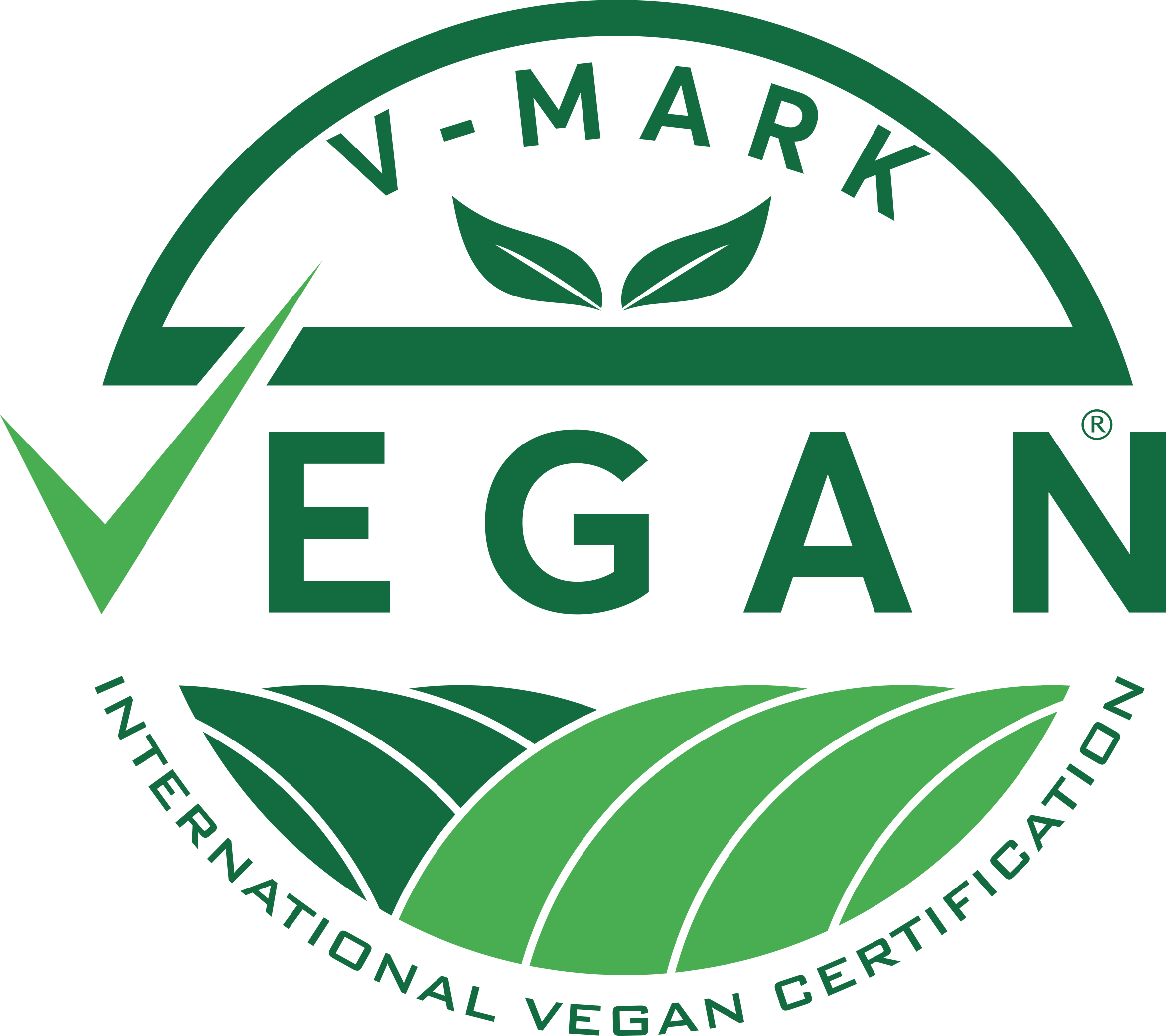Understanding the Basics of Vegan Labeling
Vegan labeling can be confusing for those new to a vegan lifestyle, as products may contain ingredients that are not immediately obvious. To understand the basics of vegan labeling, it is important to know which ingredients are considered vegan and which are not.

Vegan ingredients are those that do not contain any animal products or by-products, including honey, milk, eggs, and cheese. All plant-based foods, including fruits, vegetables, grains, and legumes, are considered vegan. Many processed foods, such as bread and cereal, are also vegan-friendly as long as they do not contain any animal products or by-products.
When looking for vegan products, it is important to check the label and ingredients list for any animal-derived products. Ingredients such as gelatin and whey can indicate that a product is not vegan. It is also important to look for any artificial flavors, colors, or preservatives that may be derived from animal sources. Many companies label their products as vegan-friendly, but it is important to double-check the ingredients to be sure.
It is also important to look for any certifications that may be present on the label. Certifications such as the Vegan Society’s Vegan Trademark or the American Vegan Society’s Vegan Certification indicate that a product has been certified as vegan-friendly.
Finally, it is important to keep in mind that not all vegan products are created equal. While vegan products may not contain any animal products, they may still contain artificial ingredients, preservatives, or other additives that are not necessarily healthy. Therefore, it is important to check the nutrition label to ensure that the product is suitable for a vegan lifestyle.
By understanding the basics of vegan labeling, it is possible to make informed decisions about which products to purchase. With a little research and some knowledge of which ingredients to look for, anyone can make sure that their products are vegan-friendly.
Certification
- A Guide to Vegan Certification
- Exploring Vegan Markings
- Exploring Vegan-Friendly Products
- Exploring the Advantages of Vegan Marking
- Exploring the Benefits of Vegan Certification for Non-Food Products
- Exploring the Benefits of Vegan Certification for Wholesalers
- Exploring the Benefits of Vegan Certification for the Environment
- Exploring the Benefits of Vegan Labeling for Food Retailers
- Exploring the Benefits of Vegan Labeling for the Economy
- Guidelines for Vegan Labeling
- How to Apply for Vegan Certification
- How to Obtain Vegan Certification
- How to Set Up a Vegan Certification Program
- Key Considerations for Obtaining Vegan Certification
- Navigating the Challenges of Vegan Certification
- The Advantages of Having a Vegan Mark
- The Advantages of Vegan Labeling for Businesses
- The Benefits of Being Certified as a Vegan Product
- The Benefits of Having a Vegan Mark
- The Benefits of Vegan Certification for Food Distributors
- The Benefits of Vegan Certification for Food Manufacturers
- The Benefits of Vegan Certification for Food Suppliers
- The Benefits of Vegan Labeling for Animal Welfare
- The Benefits of Vegan Labeling for Businesses
- The Benefits of Vegan Labeling for Consumers
- The Benefits of Vegan Labeling for International Trade
- The Benefits of Vegan Labeling for Restaurants
- The Benefits of Vegan Labeling
- The Challenges of Obtaining Vegan Certification for Food Products
- The Challenges of Obtaining Vegan Certification
- The Difference Between Vegan and Non-Vegan Labeling
- The Impact of Vegan Certification on Food Prices
- The Impact of Vegan Labeling on Consumers
- The Implications of Vegan Labeling for Health and Nutrition
- The Importance of Vegan Marking for Businesses
- The Necessity of Vegan Certification for Food Products
- The Necessity of Vegan Marking for Food Products
- The Process of Obtaining Vegan Certification
- The Pros and Cons of Vegan Certification
- The Significance of Vegan Certification for Businesses
- The Significance of Vegan Certification for Food Safety
- The Significance of Vegan Labeling for Businesses
- The Significance of Vegan Labeling for Food Labels
- Understanding the Basics of Vegan Labeling
- Understanding the Benefits of Vegan Labeling for Food Producers
- Understanding the Different Types of Vegan Labeling
- Understanding the Impact of Vegan Labeling on the Food Industry
- Vegan Labeling Requirements and Regulations
- Vegan Product Labeling Requirements
- What is Vegan Certification?
- What is Vegan Mark?

GET CERTIFIED
